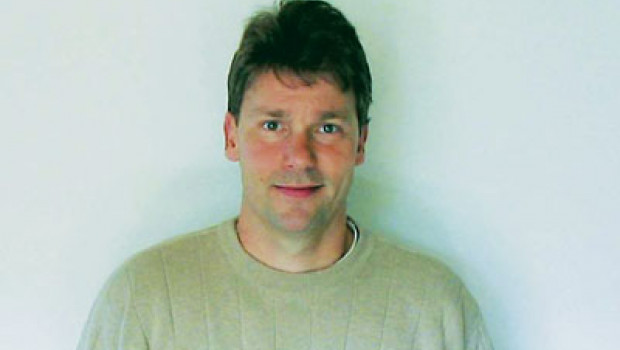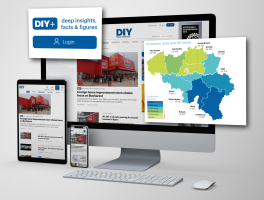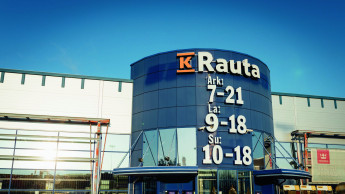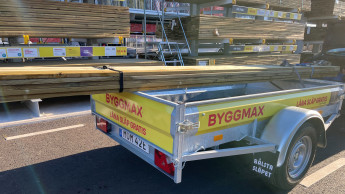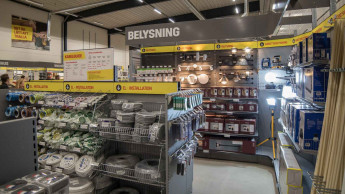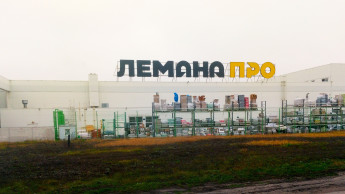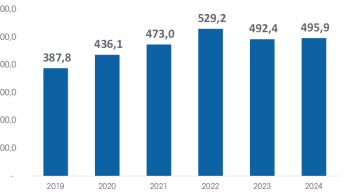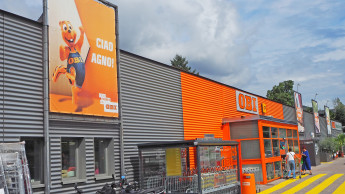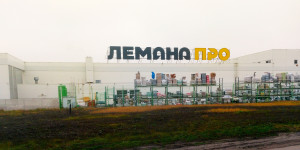“Innovation” is the only answer that manufacturers can come up with to counter the pressure coming from the major multiples (which includes 90 days’ credit, for instance). Innovation is the decisive parameter in keenly contested sectors. For the bosses of the major multiples are also quite aware that there’s no getting around the need for exciting and innovative products. They simply must be included in the assortment, for who is prepared to miss out on a new trend? Discussions between David (producers) and Goliath (the multiples) are then held at eye-level, presuming that Goliath really wants something from David.
The same view was taken by Uwe Raschke, head of Bosch’s power tool division, at an industry seminar in Denmark. His conclusion is that the average price of a power tool will have halved in ten years’ time. Which signifies a never-ending process of innovation and marketing for Bosch. And what is true for manufacturers is also true for retailers.
The discounter Jem & Fix (virtually Denmark’s Praktiker) continues to prevent the big players in the industry from getting any respite. That is efficient entrepreneurship rather than the destruction of prices. As a customer I know exactly what I will get in such stores: good prices but no great choice, no attractive shopping environment and little or no help. Retailers who prefer not to take their chain along this track must present their customers with a credible alternative and then sell it to them.
Own-label products are more a curse than a blessing for the manufacturers, who will be vulnerable and expendable at the next year's negotiating session unless such products have become established in consumers’ consciousness.
“Danish building materials are too expensive” in the opinion of the Danish competition authorities, who announce this fact frequently and vehemently, much to the chagrin of the multiples. But one thing’s certain, and that is that for quite some time now there has in the area bordering Germany been a brisk amount of traffic to the “cheaper” DIY stores in Flensburg. It is hardly likely that this is because of the different levels of VAT alone (16 per cent compared with 25 per cent) or the attractions of Flensburg itself.
To sum up: Positioning will continue to determine the success or failure of the Danish chains and the producers – which is not really new. What is new is the increased pressure being exercised by the major multiples.

 Menü
Menü




